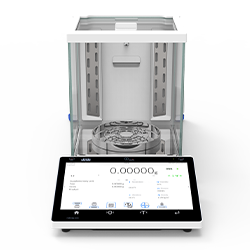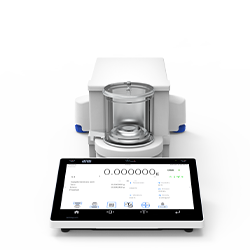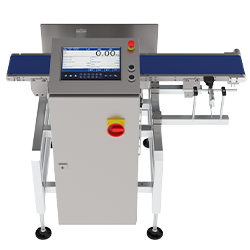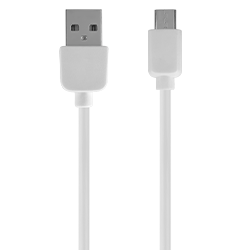PM-Waagen von RADWAG
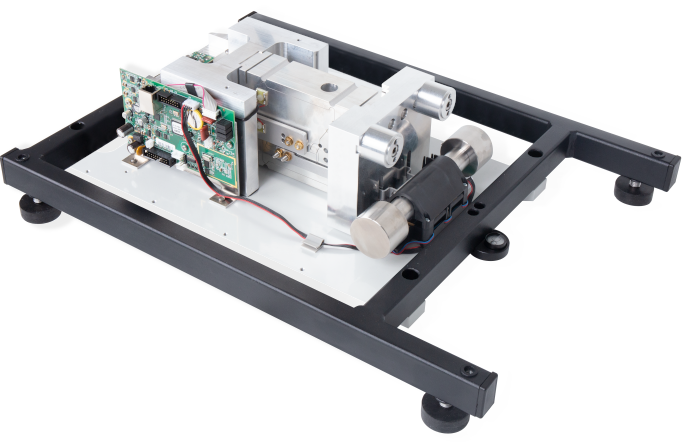
Neue Technologie
- Die Möglichkeit, Lasten bis zu 120 kg auf einer großen Waagschale mit hoher Genauigkeit und guter Wiederholbarkeit zu wiegen,
- minimaler Exzentrizitätsfehler über den gesamten Bereich,
- schnelle und stabile Messung (erreichbar innerhalb von 1 Sekunde),
- Stabilität der Parameter über die Zeit und während des Transports,
- an die Genauigkeit der Waage angepasste Abmessungen der Wägefläche

MONO
BLOCK® -Technologie basiert.Die PM-Waagen bieten außerdem
- robuste Konstruktion auf der Grundlage eines größeren und höheren,
- eingebautes 4-Punkt-Überlastungsschutzsystem,
- Schutzart IP 43,
- interne Justierung,
- Einhaltung von 21 CFR Part 11,
- 10-Zoll-Display,
- einfache Inbetriebnahme, intuitive Bedienung und Ergonomie,
- Digitaler Wäge-Auditor DWA,
- mehrstufige Benutzerverifizierung
- Ambient Light - Ein innovativer Weg für die Kommunikation der Waage mit dem Benutzer.,
- Hotspot,
- RFID*,
- Live Note - Notieren Sie Ihre Schlussfolgerungen,
- Praktische Bibliothek,
- widgets.

Modbus TCP/IP

21 CFR Part 11
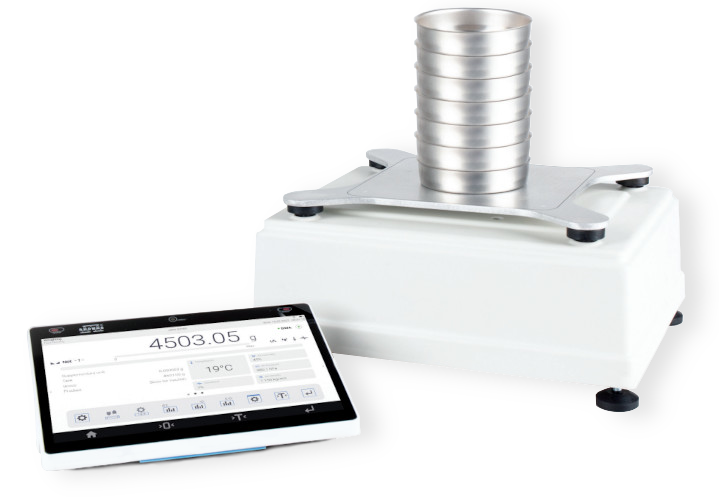






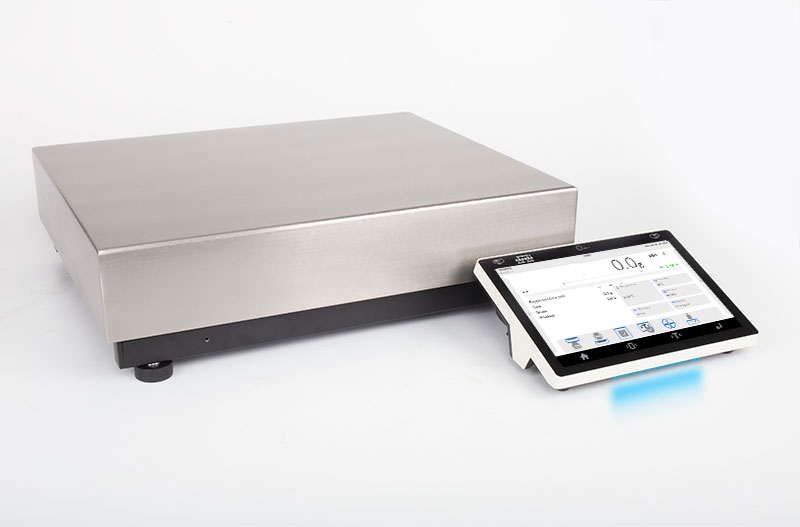
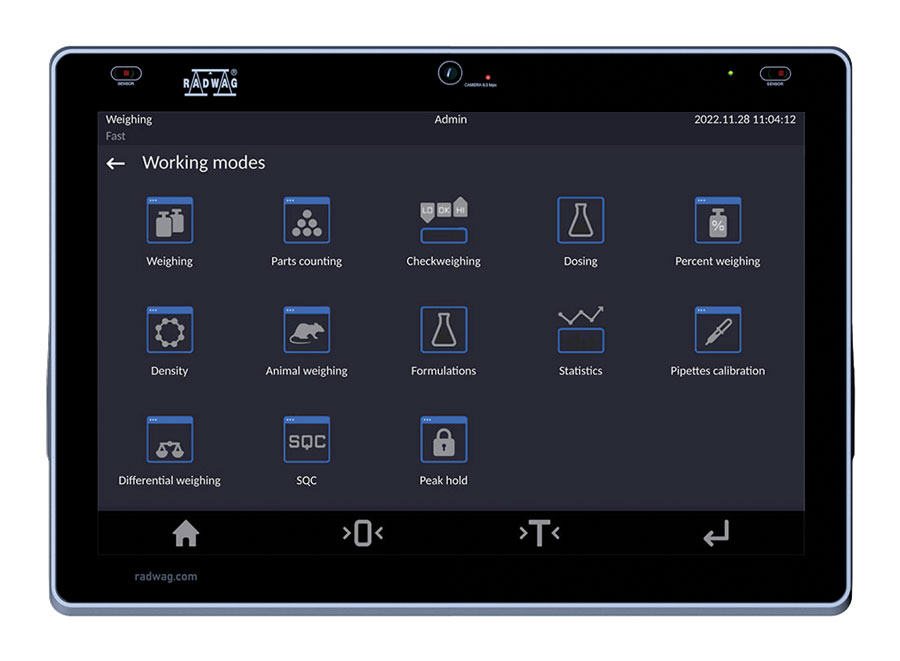
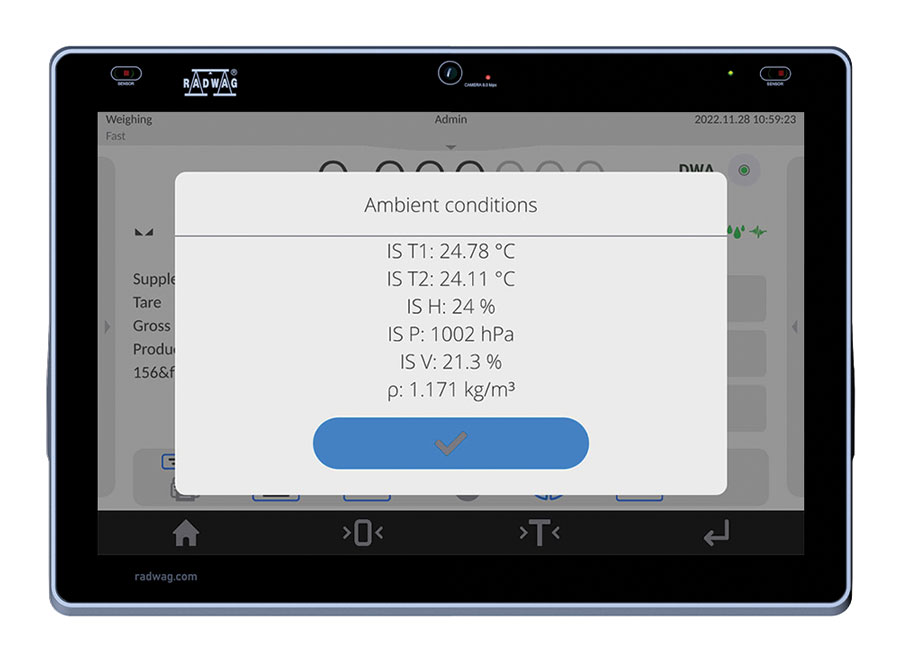
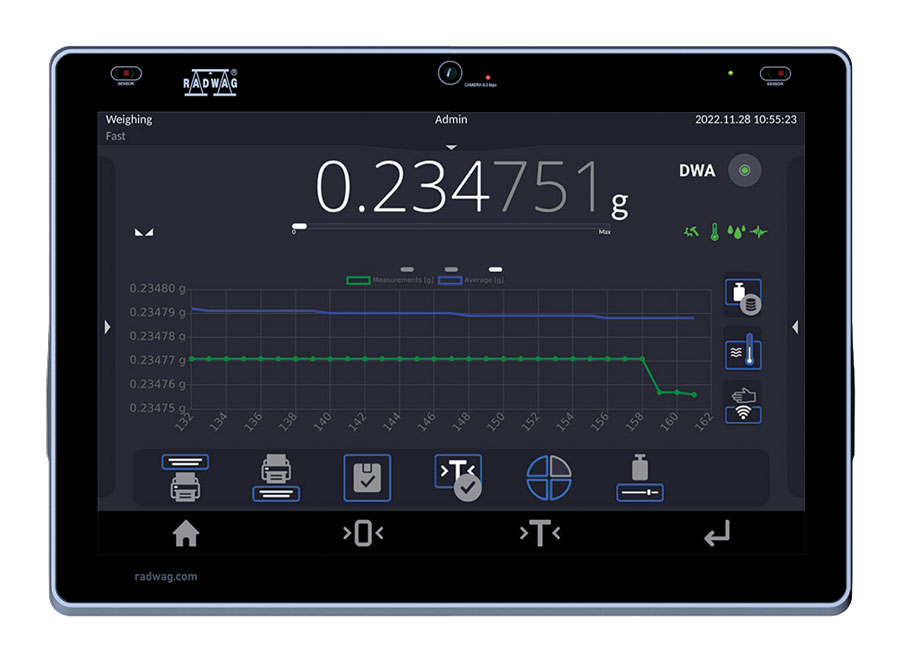
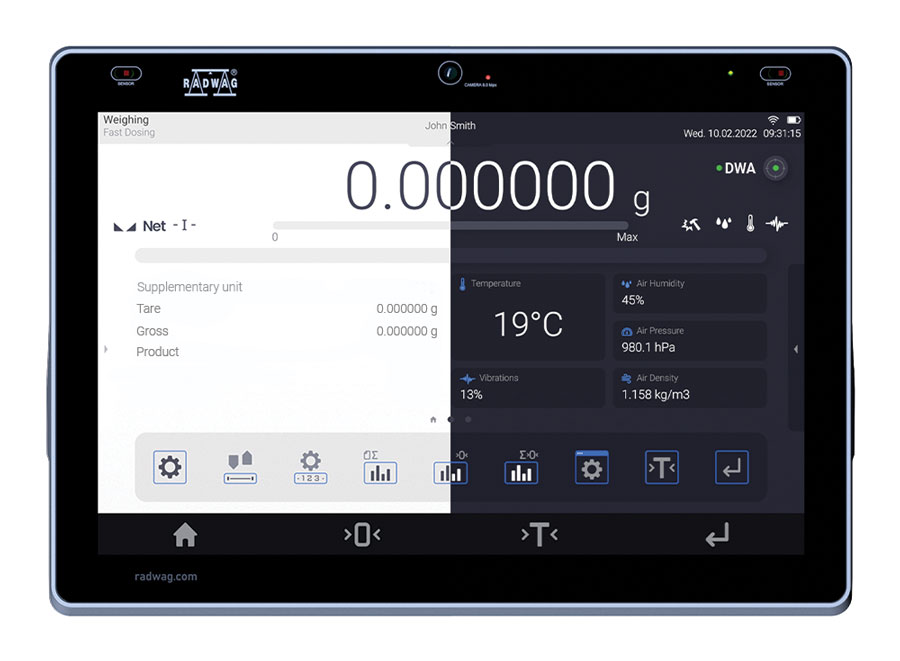
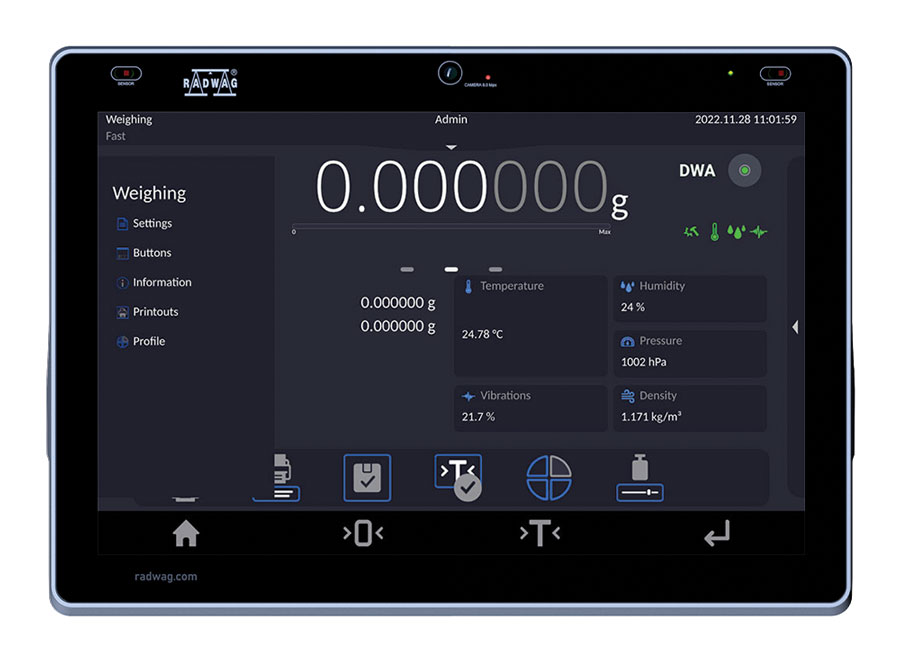
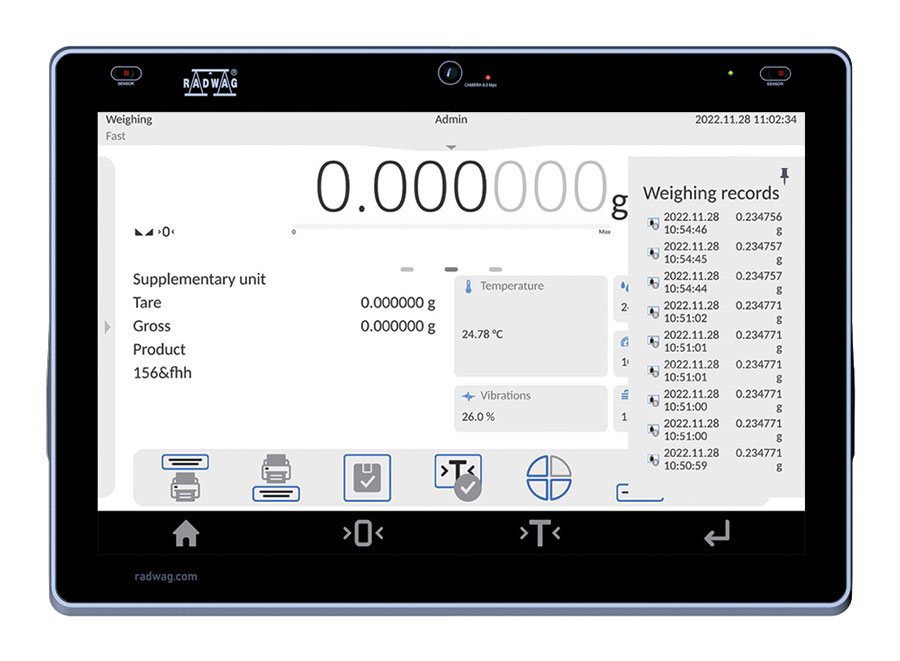
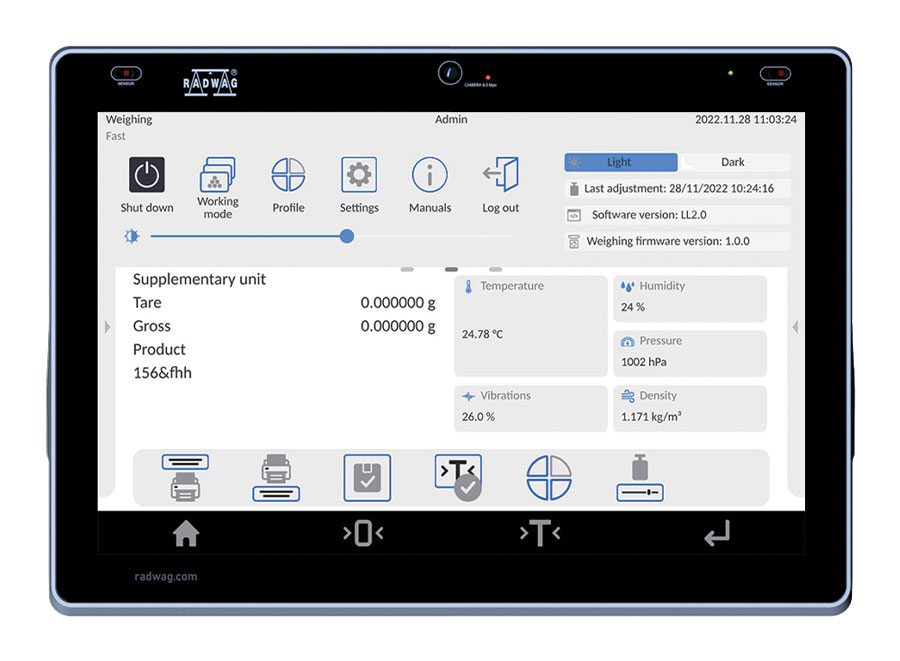


 Additional fee
Additional fee
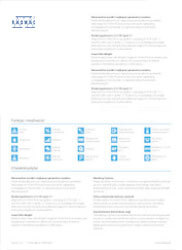
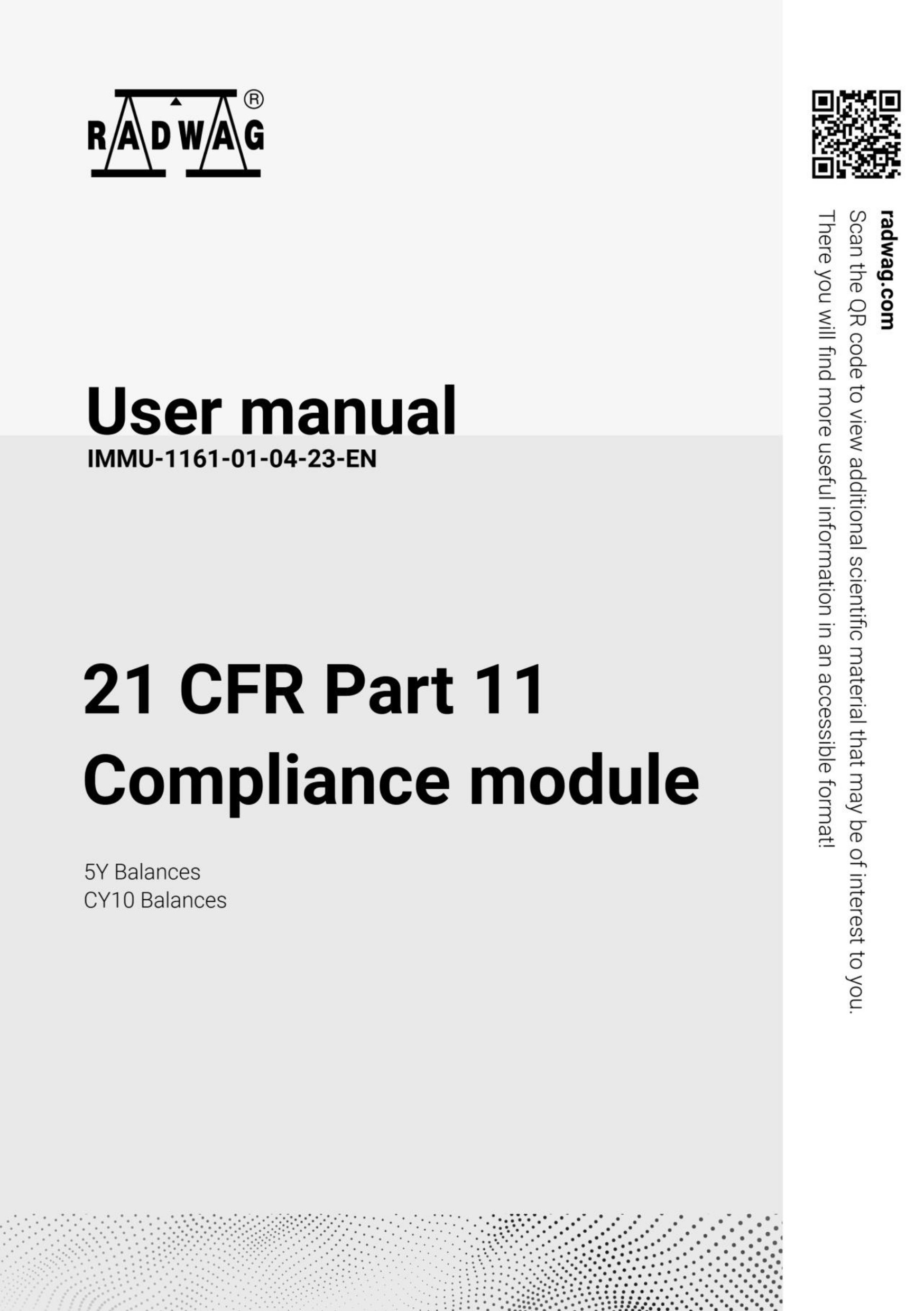
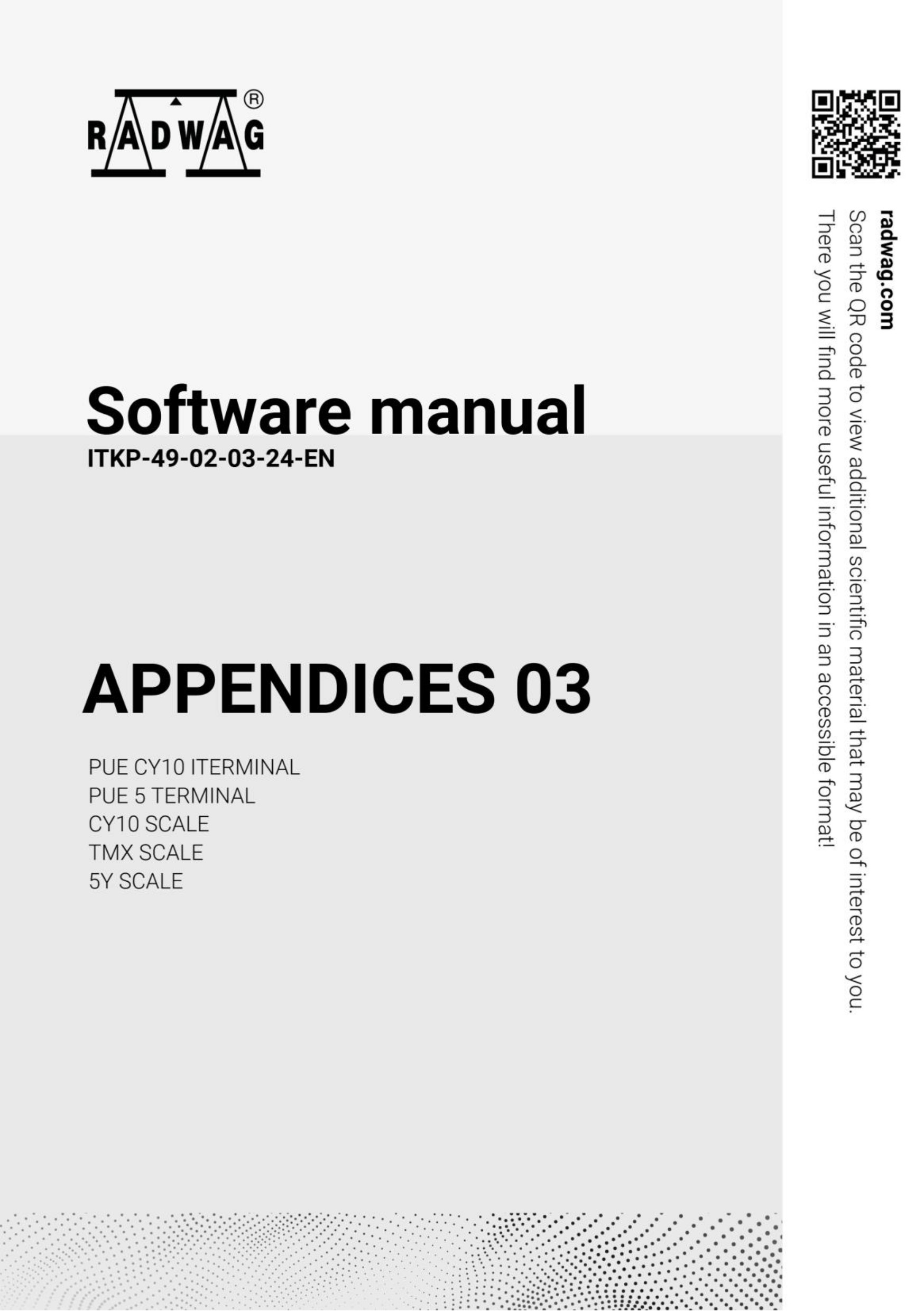



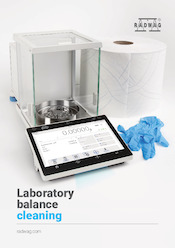
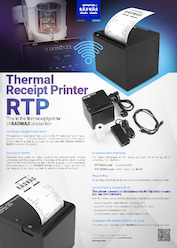

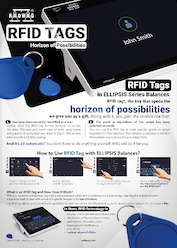
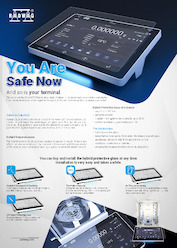
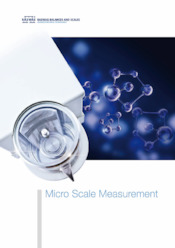
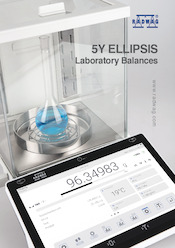
 Albanian
Albanian Danish
Danish Nederlandse
Nederlandse Estonian
Estonian Finnish
Finnish Hungarian
Hungarian Icelandic
Icelandic Kazakh
Kazakh Latvian
Latvian Lithuanian
Lithuanian Macedonian
Macedonian Norwegian
Norwegian Portuguese
Portuguese Romanian
Romanian Russian
Russian Slovak
Slovak Slovenian
Slovenian Swedish
Swedish Ukrainian
Ukrainian Serbian
Serbian Montenegrin
Montenegrin English
English Español
Español Français
Français Italiano
Italiano Japanese (日本語)
Japanese (日本語) Polski
Polski Türkiye
Türkiye Česky
Česky Português (Brasil)
Português (Brasil) USA
USA 中文
中文














